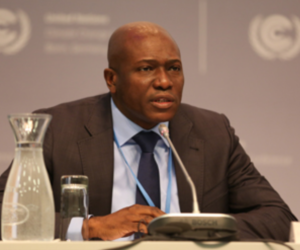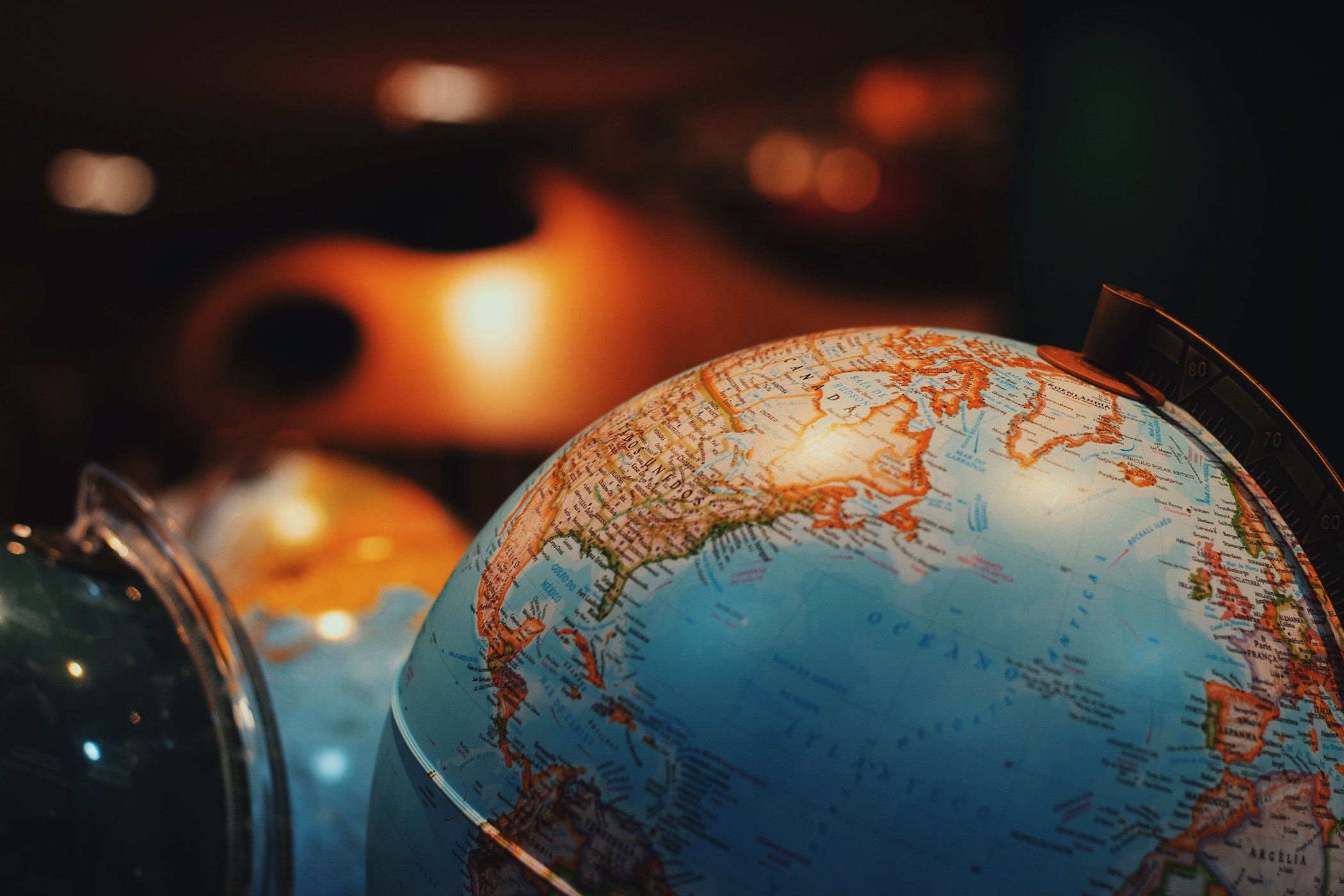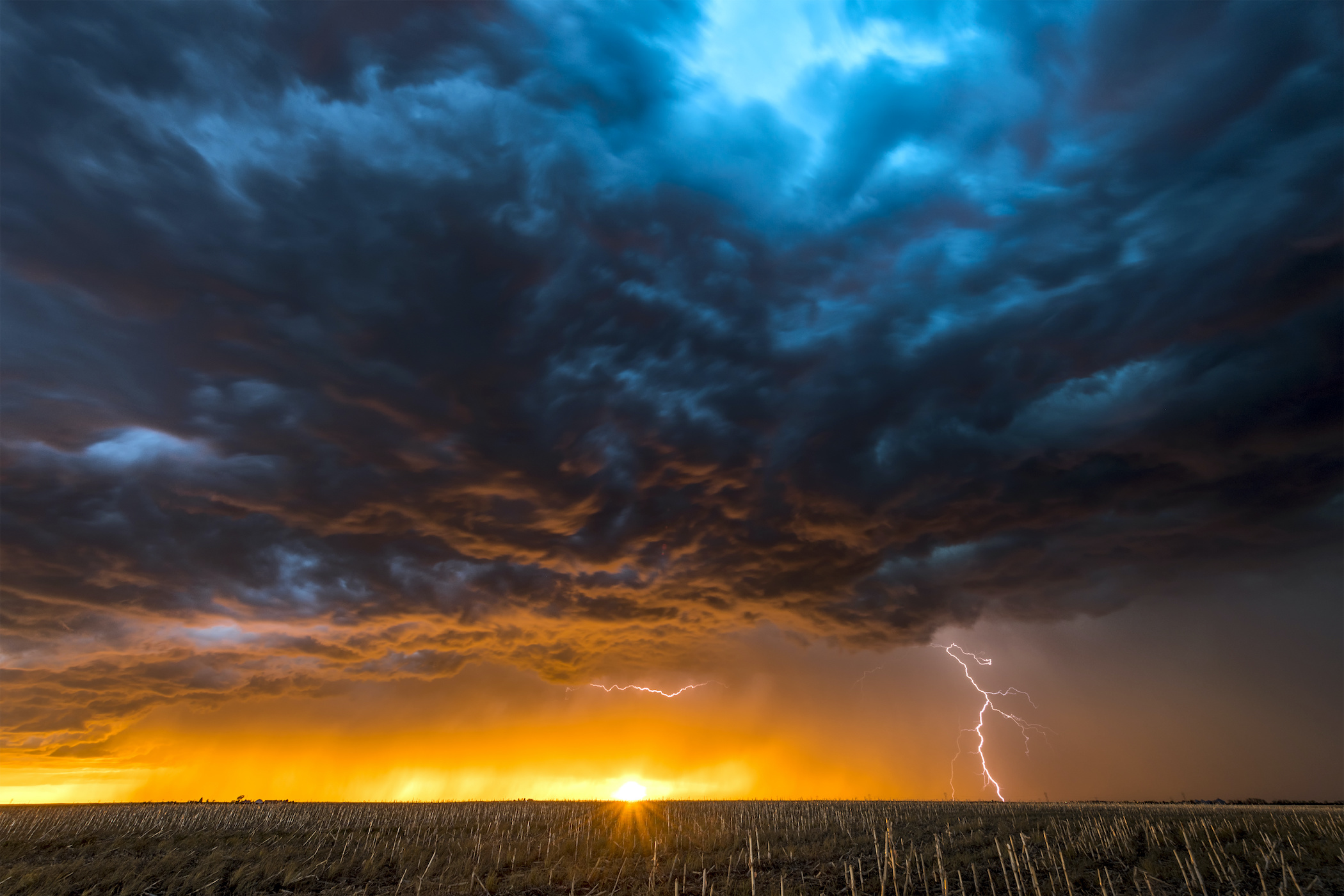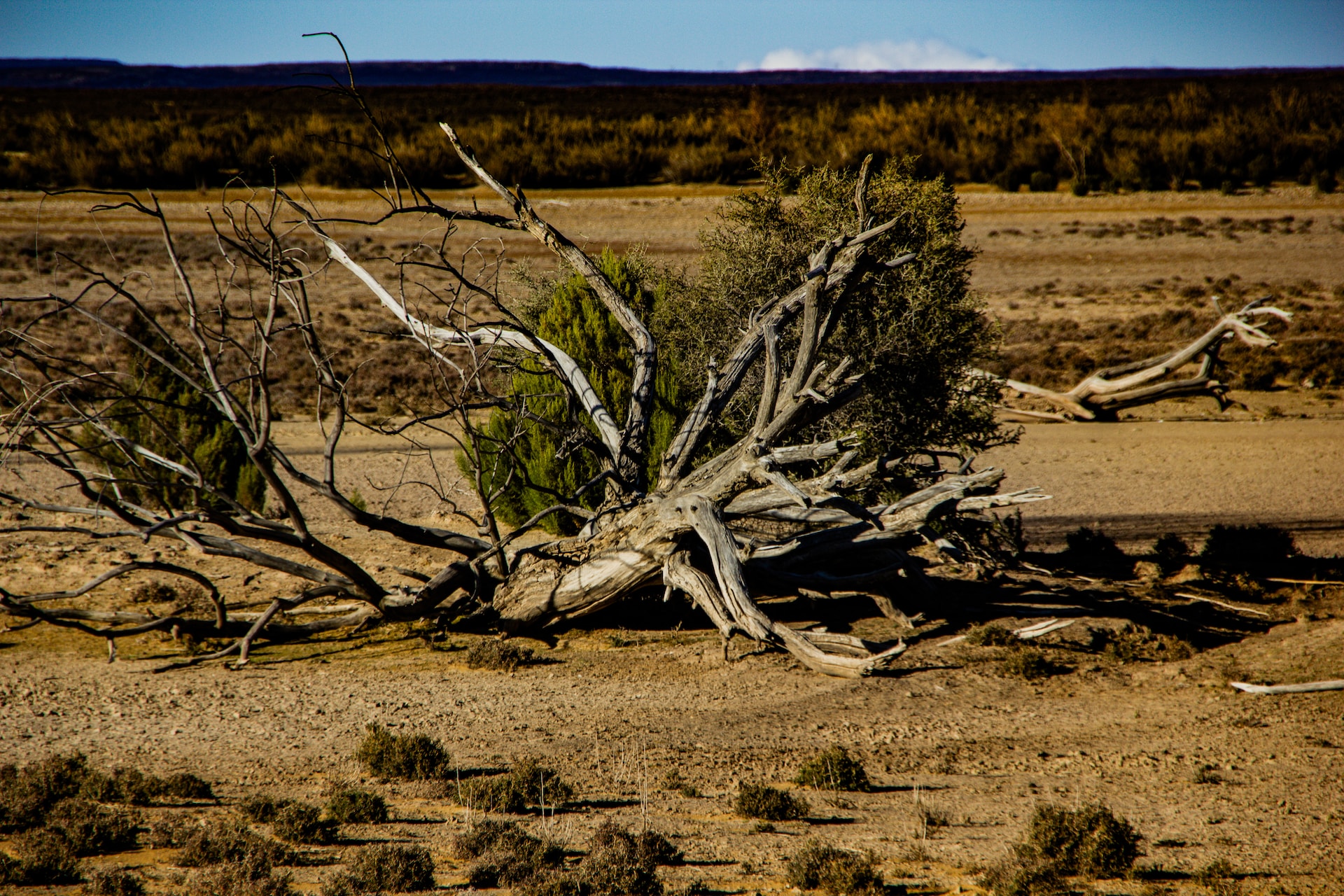Do we need profound shocks to change emissions pathways? Crisis, opportunity, the way science informs policy decisions, and how COVID-19 is hindering the process. An interview with Tosi Mpanu-Mpanu, an expert in the areas of finance, climate change, economic development, diplomacy, and a delegate of the Democratic Republic of Congo in the climate negotiations. A key issue? “Legacy – he says – because it is not only about today”.
“The take-away lesson is that you can change emissions with this kind of shock, but we would like to learn how to change emissions without a shock like this. On the other hand, I am also confident that we will seize all opportunities to better recover from this crisis.”
Tosi Mpanu-Mpanu has a wealth of experience in climate negotiations, he has attended all UN climate conferences since 2007 as a delegate of the Democratic Republic of Congo and was elected President of the Group of African Negotiators at the Copenhagen Conference in December 2009, holding the position until the Durban Conference in December 2011. His unique insight into the potential risks and opportunities emerging out of the COVID-19 epidemic place an emphasis on the need for science to take a central role in informing policy decisions towards a sustainable recovery.
In a way, this is a big natural experiment that you could never reproduce on this scale and we will be able to get a much better handle on where pollution is coming from in normal circumstances
How is the COVID-19 crisis impacting international climate negotiations?
Coronavirus is already hindering climate science and the worst disruptions are likely yet to come. Science conferences that were scheduled in the next months have been postponed or canceled; potential gaps in some in situ long-running climate records are likely, and research budgets could take a hit in the long run.
In a way, this is a big natural experiment that you could never reproduce on this scale and we will be able to get a much better handle on where pollution is coming from in normal circumstances.

With science around the world grinding to a halt as a result of efforts to contain the spread of the coronavirus, the IPCC is struggling to keep the sixth assessment (AR6) report on track. The timeline of that report is already under threat and inevitable delays are ahead due to government lockdowns, travel bans, and university closures.
The IPCC has run a survey of the climate-science community and 95% of the 351 responses received indicate that measures in place to address the coronavirus situation are having an impact on their work. For example, many scientists are not able to continue working in laboratories or do fieldwork, most scientific meetings are postponed or canceled, and the transition to online teaching and extra administrative issues has added to their workload.
There are similarities between the coronavirus and climate change crisis, and one can see how some politicians are failing on this pandemic as they are failing to address climate change
Furthermore, a decision was taken by the COP Bureau to postpone the UN Climate Change meetings of the Subsidiary Bodies (SB52) until October 4-12, 2020. Consequently, the work of the SBSTA (Subsidiary Body for Scientific and Technological Advice) has been affected and we are taking measures to maintain the momentum of the intergovernmental process, including on matters relating to science such as research and systematic observation, the second periodic review of the long-term global goal and the SBSTA Dialogue on Oceans. In some instances, virtual events will be organized but many of our activities require in-person interaction.
The possible delay of the completion of AR6 will have a spillover effect on some SBSTA activities that consider the findings of this report, in particular on the second periodic review and the first global stocktake, which are scheduled to end at fixed dates that cannot be moved. The SBSTA Research Dialogue and Earth Information Day will also be affected. Furthermore, the effects of the coronavirus pandemic could lead to a weakening in the ambition of climate action taken by Parties as they focus on economic recovery.
Are there any new opportunities emerging from this crisis?
Policy discussions over the next 6-12 months will focus on COVID-19 and economic recovery. Nevertheless, scientists around the world are trying to understand the effects of the global economic slowdown on the Earth’s climate.
We have not had a sudden change in fossil fuel emissions since we started to record the CO2 concentrations at Mauna Loa observatory in Hawaii in 1958. For now, the CO2 concentrations are still rising and are on track to reach a new global record in May, which is typically the peak month. But an 8-10 percent drop in fossil fuel emissions over a period of one year — a scenario that is not impossible during the coronavirus shutdown — would show up in atmospheric CO2 concentrations and be measurable at Mauna Loa for the first time (the impact on CO2 emissions will be six times larger than the 2008 financial crisis when the emissions rose by 6% during the recovery period).
What will be the legacy of today’s recovery actions? That is the key issue related to climate change and biodiversity
All over the world, pollution levels are dropping fast. The lockdowns triggered by the pandemic are starting to have an impact not only on the virus but also on the planet — even if the effect is only temporary and comes at a huge social and human cost. As airlines ground their fleets, car travel grinds to a halt and industries shut down, and emissions from transportation and power have plummeted, global levels of nitrogen dioxide (a pollutant linked to cars) have hit a record low and less coal burning in China in February alone has already avoided the equivalent of the annual emissions of a small European country. The air quality in major cities from New Delhi to Beijing and Los Angeles is cleaner than at any time in recent memory.
How is the policy-making process working to turn the crisis into an opportunity for sustainable development?
In a way, this is a big, natural experiment that you could never reproduce on this scale and we will be able to get a much better handle on where the pollution is coming from in normal circumstances. The scientific community is focusing, in addition to assessing how measures to contain COVID-19 reduced air pollution and emissions of greenhouse gases, on questions such as:
- Do weather and climate determine where COVID-19 occurs?
- Will climate change make COVID-19 worse?
- How does water scarcity affect infectious diseases like COVID-19?
- What can the global response to COVID-19 teach us about our response to climate change?
The World Health Organization is working on answering some of these questions and the IPCC will explore links between climate change and biodiversity by holding a first joint workshop with the Intergovernmental Science-Policy Platform on Biodiversity and Ecosystem Services (IPBES).
I plan to organize a virtual informal meeting in June with representatives of the scientific community to discuss the potential impacts on the coronavirus pandemic on science as well as opportunities for a better recovery.
As governments respond to the economic fallout from COVID-19, there is a growing chorus of demands to “recover better”, ensuring that the trillions of dollars spent by governments on recovery packages are used to invest in a low-carbon and resilient economy. And there are some encouraging signals that leading governments and businesses are prepared to invest in sustainable plans.
“Recover better” was the focus of last week’s virtual meeting of the annual Petersberg Climate Dialogue that was joined by 30 ministers, together with UN Secretary-General, António Guterres, and UN Climate Chief Patricia Espinosa. In his Petersberg address, Mr. Guterres spoke of a “rare and short window of opportunity to rebuild our world for the better” and asked all governments to prepare enhanced NDCs and strategies to reach net-zero emissions by 2050.
What has changed in the way climate science is communicated since the pandemic?
There are similarities between the coronavirus and climate change crisis regarding the need for science-based policies – and one can see how some politicians are failing on this pandemic as they are failing to address climate change. Therefore, the scientific community needs to better communicate climate risks and the consequences of not addressing them immediately.
We need to strengthen our messages on the link between climate change and biodiversity. Global warming, a rising human population, pollution, and destruction of wildlife habitats are among the factors raising the risk of such viruses, which jump from animals to humans. Pushing wildlife out of natural habitats, closer interactions between animals and humans, and high-density living are making such global pandemics possible. Nevertheless, the polarization of current messages, for example on economic versus human security, shows how difficult it is to internalize the scientific messages on climate change.
Finally, our messages should not be limited to just protecting those who are most vulnerable to the coronavirus today, but also protecting the young generations. What will be the legacy of today’s recovery actions? That is the key issue related to climate change and biodiversity.






